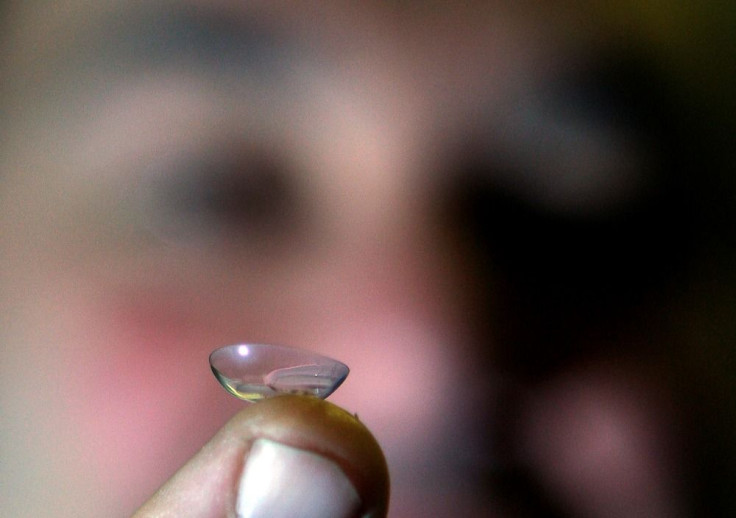Parasite In Contact Lens Caused Student To Stay Awake For A Week

A parasite in the eye led doctors to advise a young student to avoid sleeping for a week. The 18-year-old student from University of Nottingham was told she had a parasite lurking in her eyeball, Telegraph UK reports.
Jessica Greaney is an English student at the university and she had contracted Acanthamoeba keratitis, which doctors told her she got from tap water that splashed onto her eye while her contact lenses are on.
Greaney said in the Telegraph report that there are tons of bacteria found in water and “acanthamoeba just happens to be one of them.” She said that her contacts were contaminated and the parasite was able to survive and lurk in between the lens and her eye.
As a result, Greaney’s eyelid swelled but she did not notice it at first because she didn’t think it was anything serious, until the swelling progressed and pain was already felt. “… By the end of the week, my eye was bulging, and it looked like a huge red golf ball. It was swollen, and extremely painful, and they admitted me into hospital,” she said.
She was admitted on March 26 and the initial treatment consisted of eye drops administered to her affected left eye every ten minutes. However the final diagnosis came when a lab analysis was performed on a sample tissue taken from her eye.
In her statement to The Tab, the school’s newspaper, Greaney recounts how doctors had to keep her from sleeping for a week to stop the parasite from eating her eyeball and described this as “torture”. If Acanthamoeba keratitis is left untreated, blindness may have resulted, according to the paper. Worse, the condition could also lead to paralysis or death.
Acanthamoeba are tiny, single-celled animals commonly inhabiting water sources. According to All About Vision, infections caused by this parasite are rare but can be serious. The problem often starts when contact lens wearers do not observe proper hygiene or handling of the lenses.
All About Vision states that prevention is important in avoiding eye infections caused by the parasite. The condition can be difficult to treat and sometimes, a corneal transplant, a serious surgical procedure, will be required to treat the infection.
To report problems or leave feedback on this article, email: wendylemeric@gmail.com.






